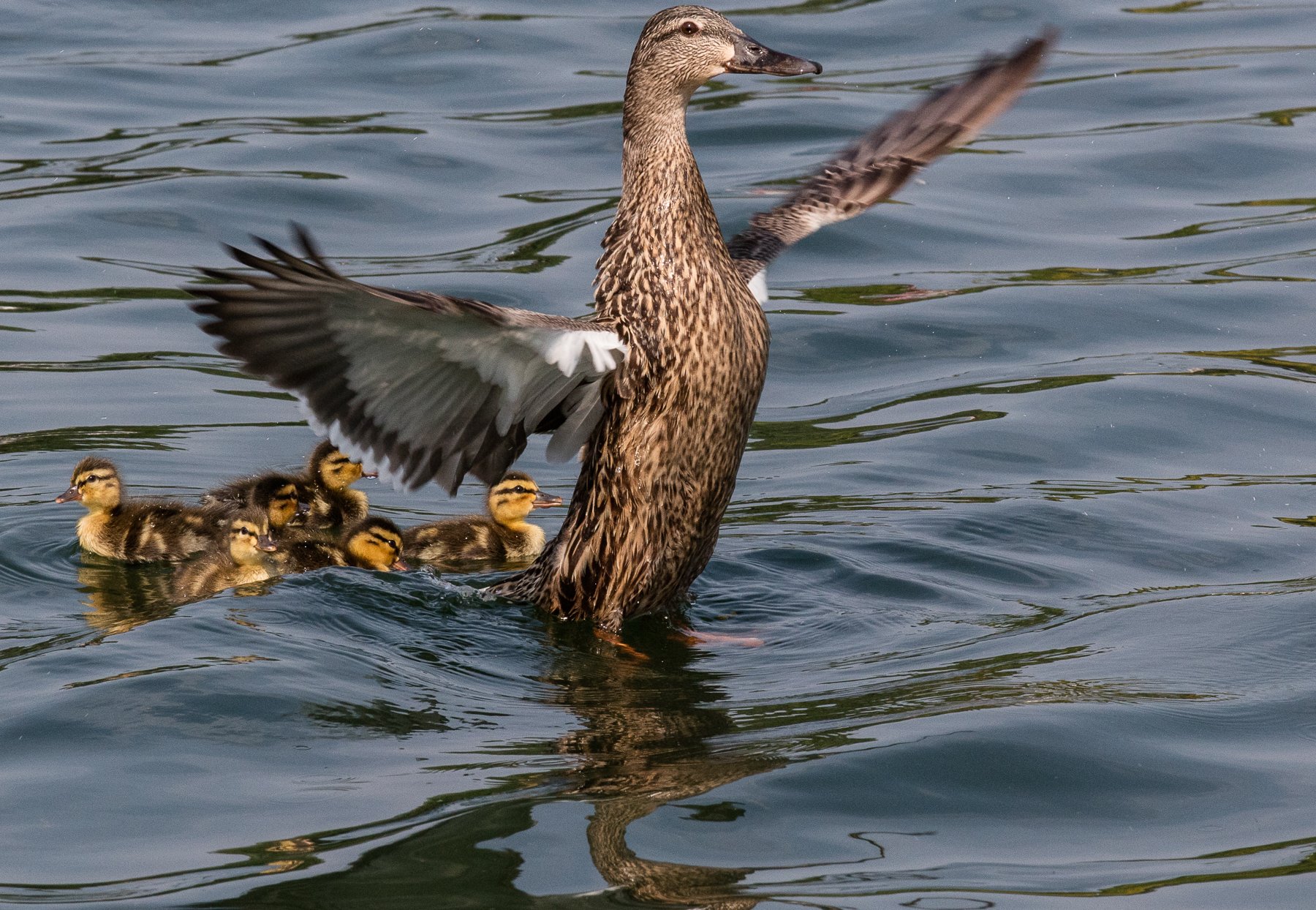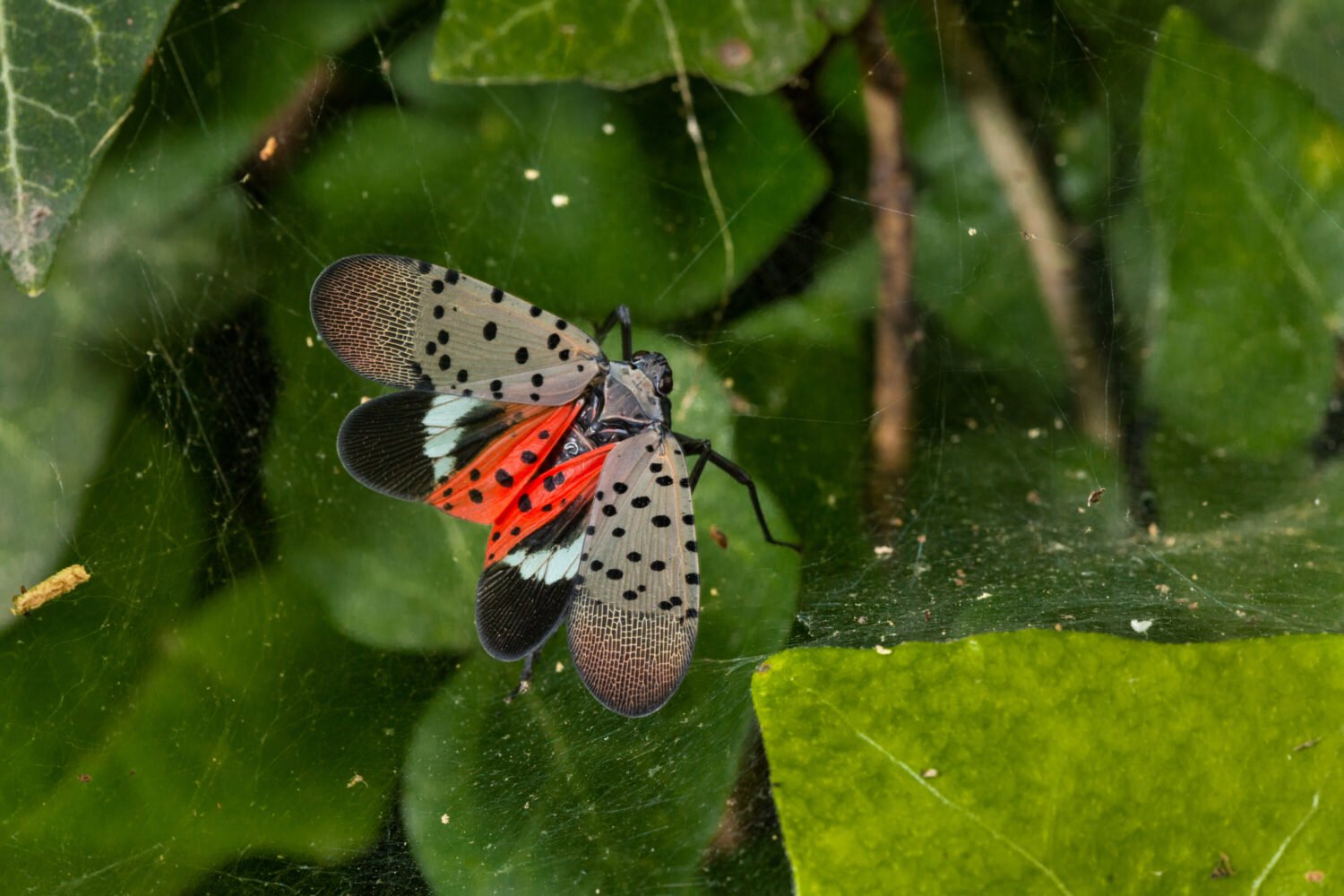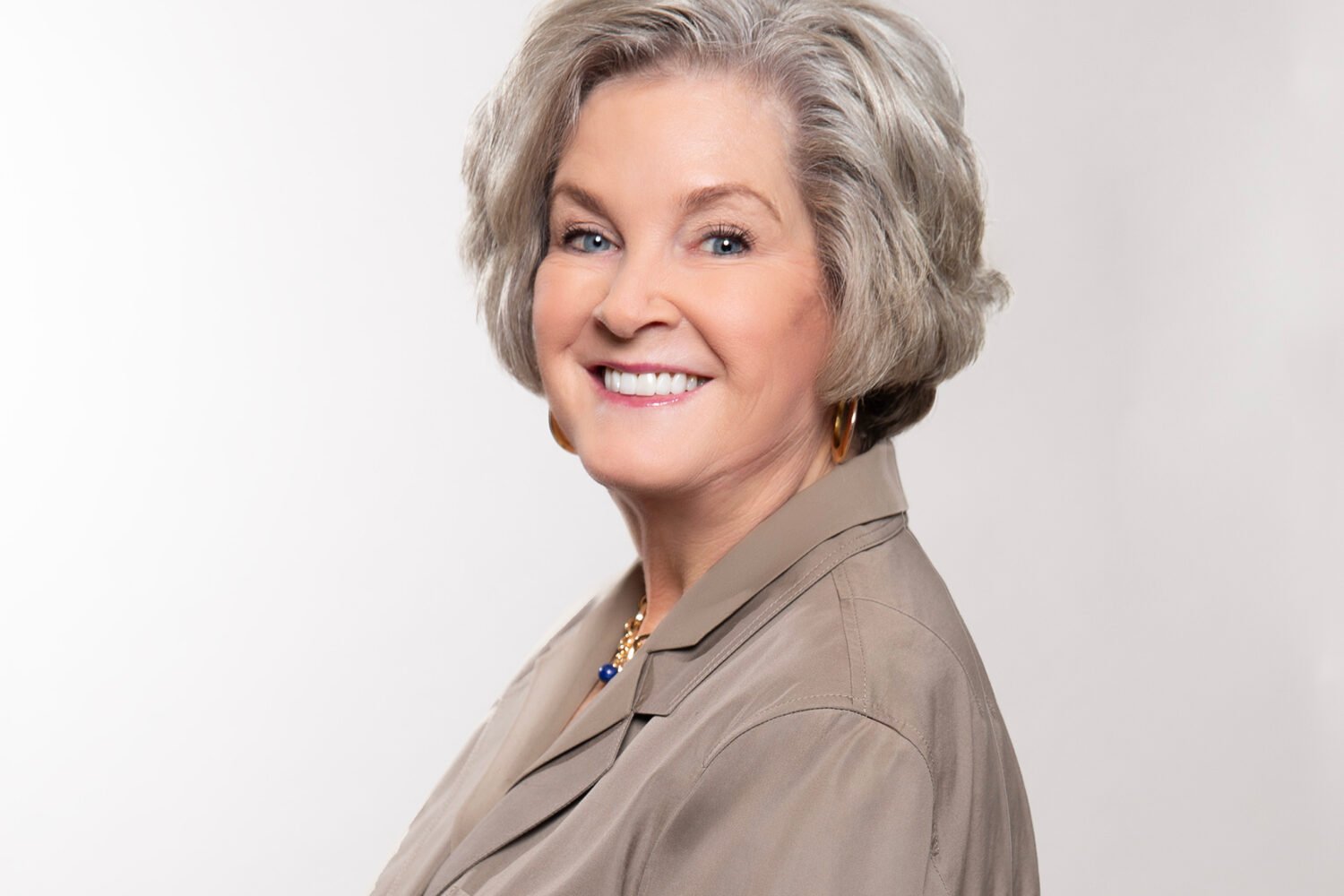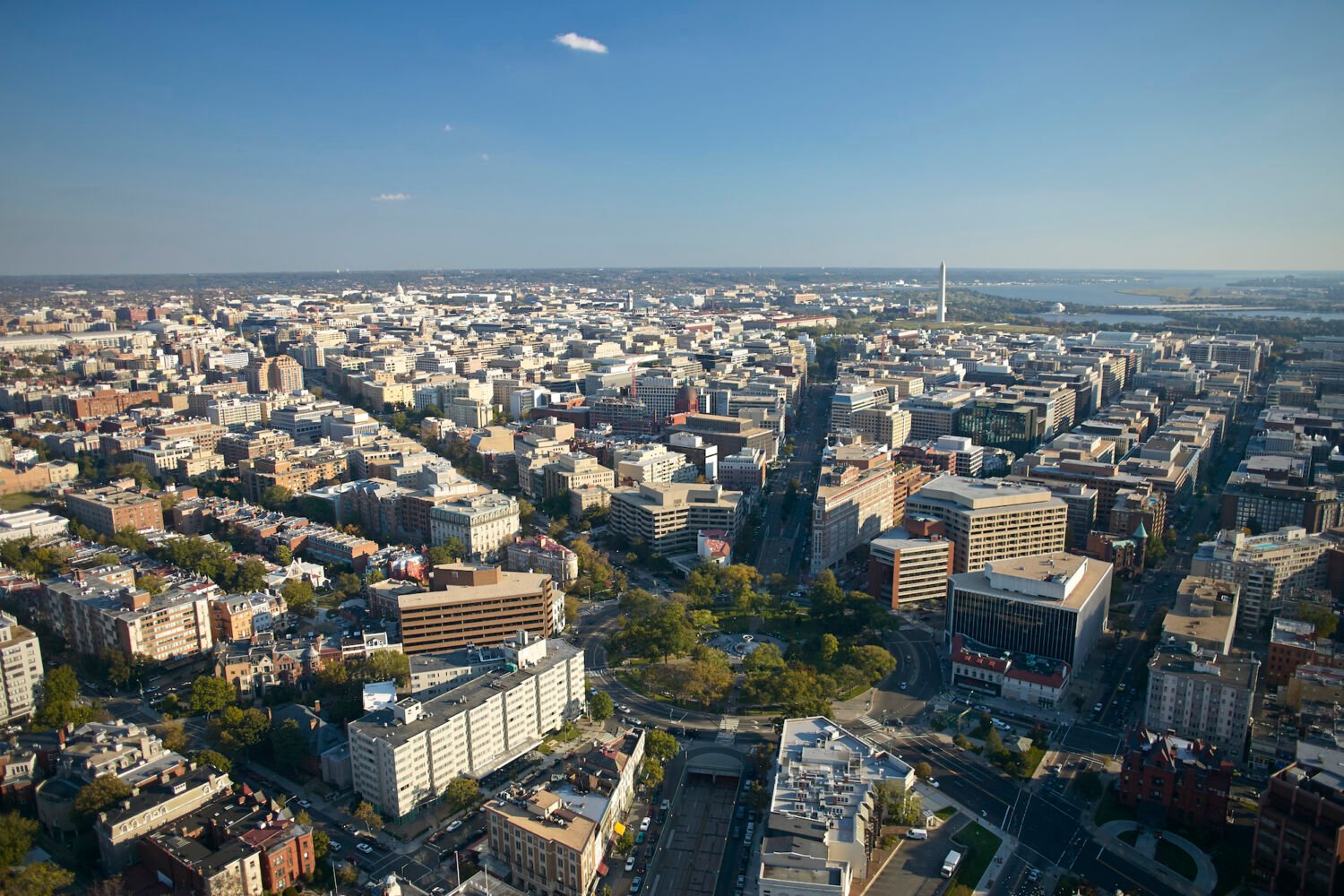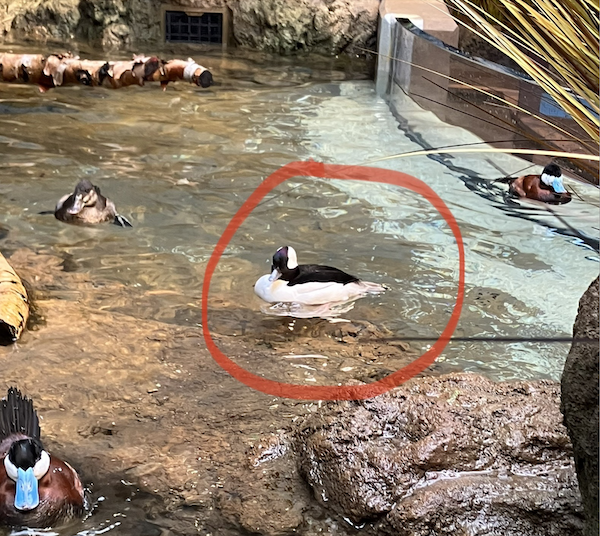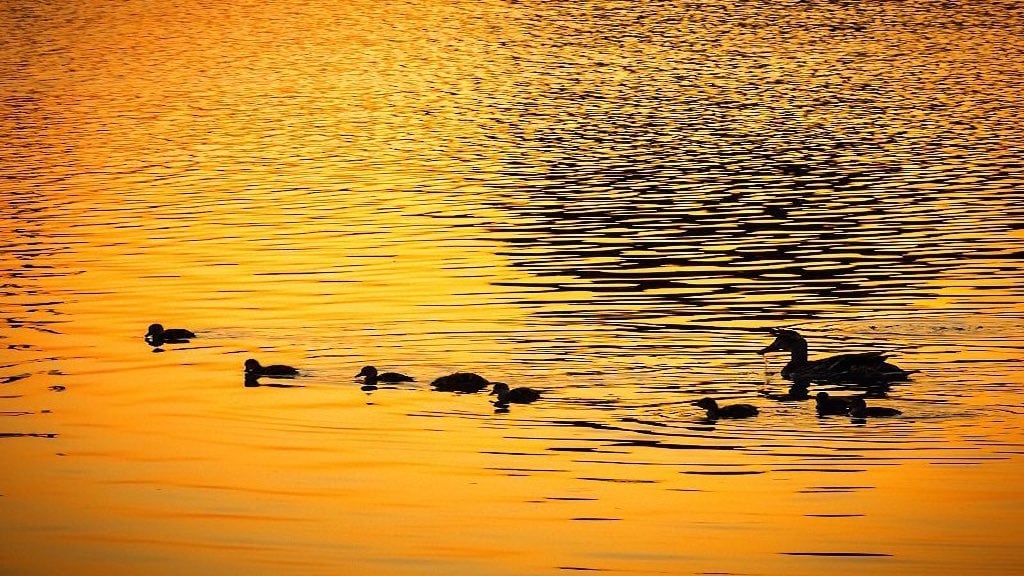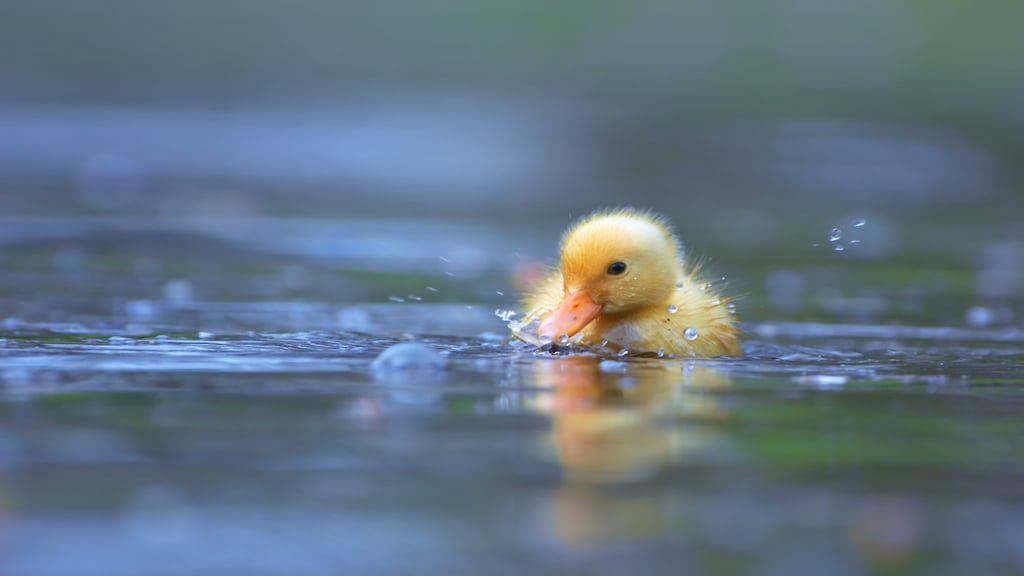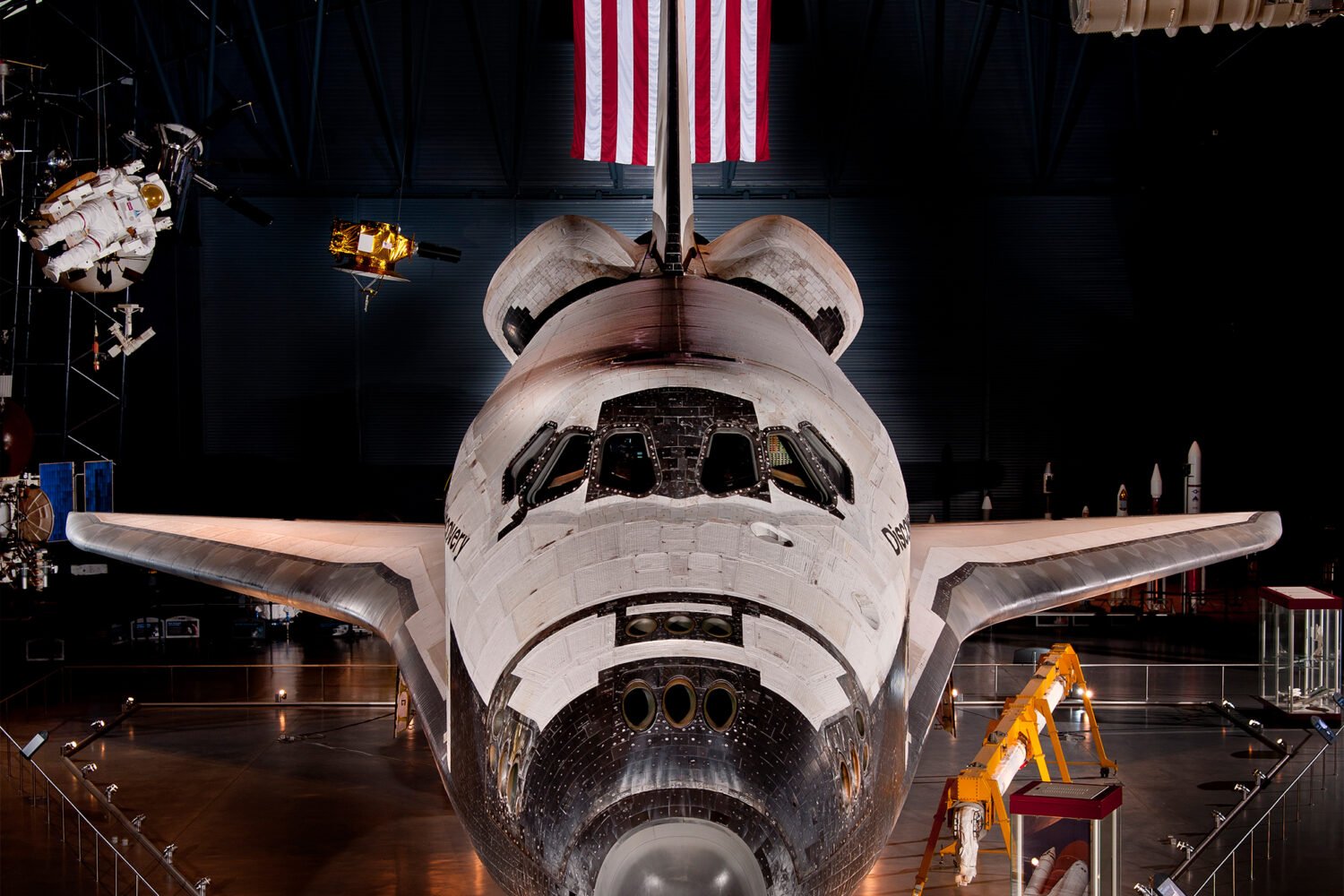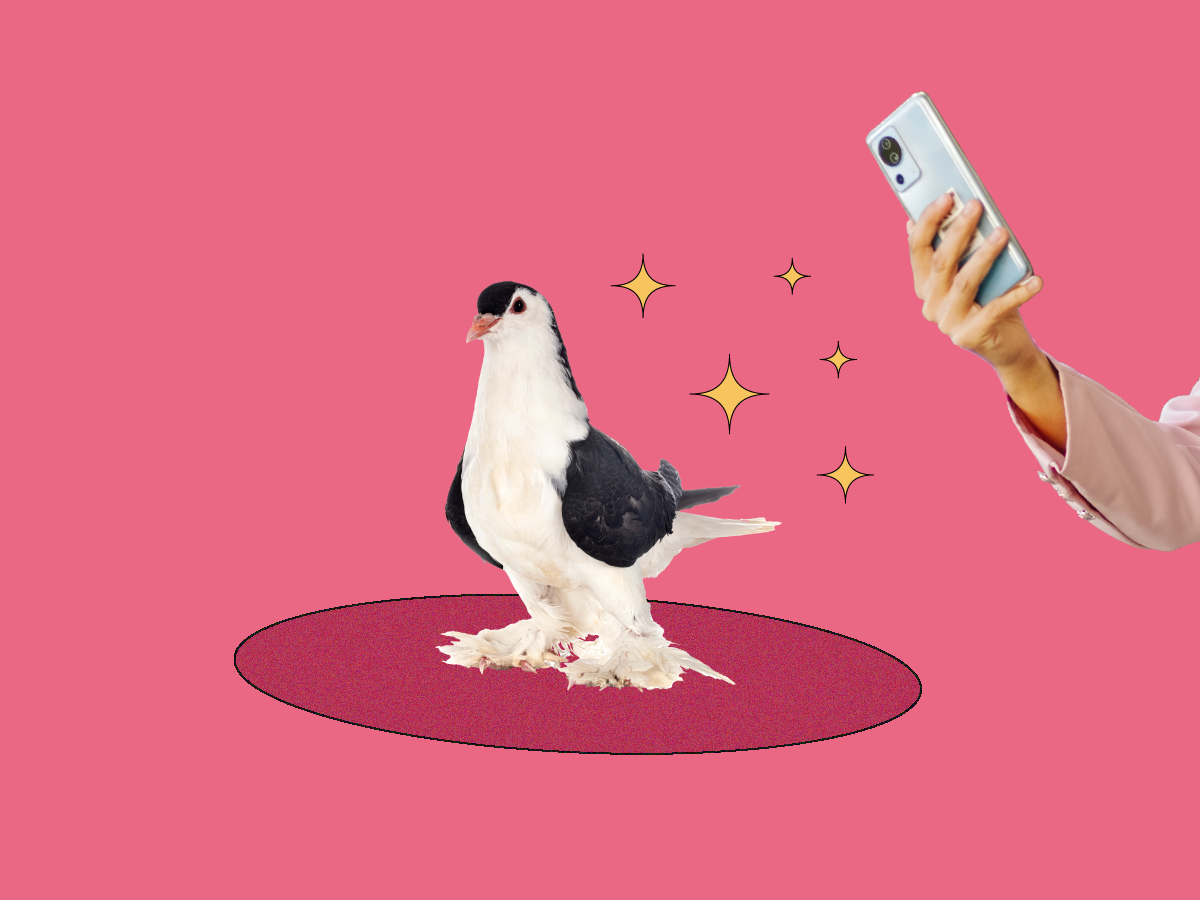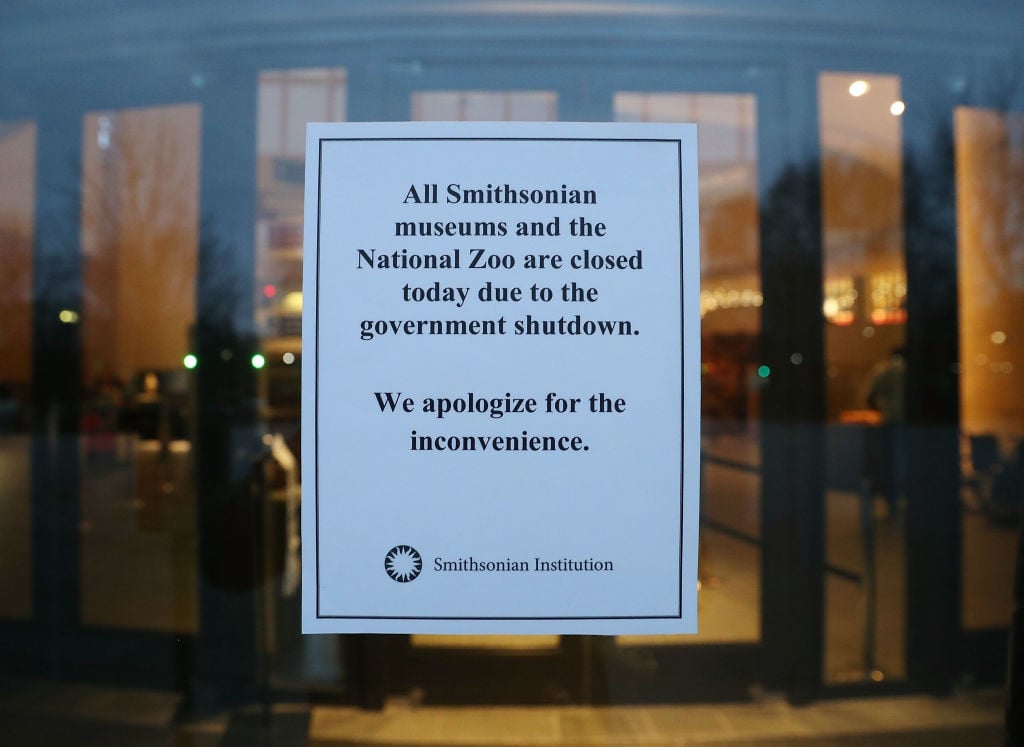In April, springtime conspired to give Washingtonians a much-needed palate cleanser: A mama duck nested on the roof of Planet Word’s downtown building, and last week, her ten ducklings hatched. Duck devotees across the city had the privilege of following along with the journey—from the mother’s nesting days to the highly anticipated births—via a live video feed set up by the museum.
But what webcam viewers didn’t see was the behind-the-scenes effort to ensure that the duck and her babies made it safely through the nesting period and, eventually, to water.
April Linton has volunteered with City Wildlife, a wild-animal rescue center that serves DC, for more than a decade. The organization, which opened in 2013, quickly found itself fielding a crush of duck-related phone calls—ducks crossing the street, ducks nesting in backyards. Linton herself got involved with a rescue operation at her NoMa office building in 2015, where a duck was nesting in a planter. When the eggs hatched, Linton and a group of other building employees led the mother and her ten ducklings safely to the Capitol Reflecting Pool. “There were these little networks of people that formed around the duck, and concern for the duck,” she tells Washingtonian. “And this would be anyone from a security guard to a secretary to a principal at a law firm.”
The same year, Duck Watch was born—and Linton became its leader. “It grew really organically, just trying to help people in the community who wanted to do the right thing and needed a little education,” she says.
Since then, Linton has become DC’s foremost duck (and goose) whisperer. When we were coordinating our interview for this article, she warned me that she might need to leave at any time, should she get a call about waterfowl in need. When Planet Word employees discovered the nest on their roof, they reached out to Linton right away. She advised them how to protect the nest during museum events and installed a barrier on part of the roof to prevent ducklings from toppling off the edge.
This is all prep work for the zero hour: when the eggs hatch. Many mama ducks nest on rooftops, Linton says, even though their babies won’t be able to fly for another few months. Why? “We’re building beautiful habitats for them,” she says. “You look at some of these places, and it’s like, of course—if I were a duck, it’s shaded, it’s lush.”
This rescue work has become more abundant in recent years, as real-estate developers furnish their luxury buildings with swank terrace and balcony spaces. These oases generally serve the ducks well: They’re more isolated from predators, and since urban ducks don’t tend to mind noise, they deal well with socializing residents. But because the babies won’t be equipped to get down from the roof on their own, they’ll need a little help getting to water. That’s where Linton and her team come in.
The Planet Word relocation went off without a hitch: Linton and her fellow volunteers secured the ducks in carriers and drove them to the pond at Constitution Gardens, where they swam off into a sunny new day. Sometimes, though, the nesting location is close enough to water that City Wildlife volunteers can guide the ducks there on foot. “The number-one rule is you make a clear path in the direction that you want her to go,” Linton says. “And if you don’t want her to go somewhere—like, if the light’s red and you want her to hold on—you can stand in front.”
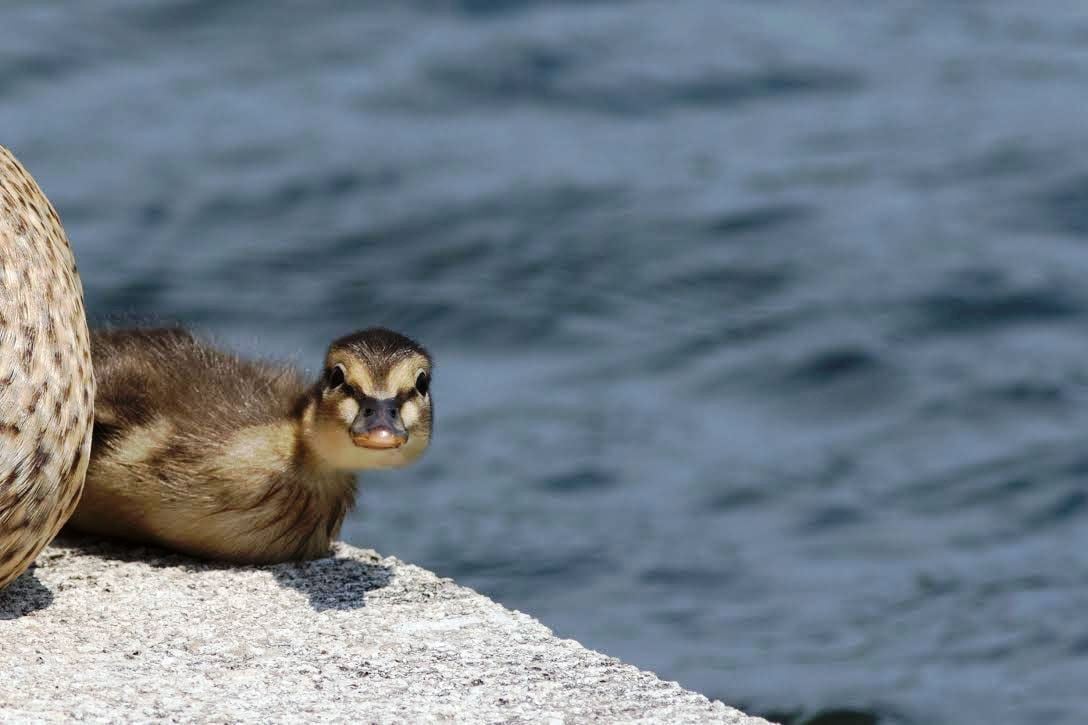
This time of year, Duck Watch volunteers have their hands full. Duck nests typically start to flourish in April, and hatching peaks into the second week of May. “We get, actually, a lot of calls in the early spring when people are seeing mallard pairs shopping for a nest site,” Linton says. “So, like, ‘These ducks have been in my neighborhood for two days. And we’re not near water. What’s wrong with them?'” Nothing is wrong with them; they’re just on the hunt for some real estate.
Occasionally, mama ducks will lose all their babies; in those cases, she’ll “turn around and nest again,” according to Linton, which means DC can expect another spike of ducklings in June and early July. If one of these nesting ducks decides to crash in your backyard, there are some measures you can take to make her stay more comfortable.
First things first: Never touch the nest, as they’re protected under the Migratory Birds Act. Nesting mothers are still able to gather their own food, so there’s no need to provide any, but placing a dish of water nearby is a welcome touch of hospitality. Keep any pets away, even if they’re friendly. Ducks are not interested in hanging out with your dog.
The most important thing to remember is that ducklings are not waterproof. If you spot one in a body of water, Linton says you should fashion a makeshift ramp they can use to get out—otherwise, they’re at risk of getting waterlogged and drowning. In a pinch, a yoga mat, overturned lawn chair, or a window screen will work.
According to Linton, some ducks are most aggressive than others. And, she advises, “a goose can hurt you.” When handling geese, Duck Watch volunteers wear goggles and often carry nets or umbrellas to protect their faces. Once, City Wildlife founder and president Anne Lewis took “a slap from a wing” and sustained a black eye. “I don’t know if the goose was trying to hit her, or if it was just her face was in the wrong place at the wrong time,” Linton says.
And if you have questions, don’t hesitate to contact Duck Watch. “Sometimes all that we need to do is have a conversation with somebody. We have consulted with people who live in other countries, and definitely other states, about how to deal with whatever unique situation they have,” Linton says. “Sometimes, it just takes a little bit of know-how.”

